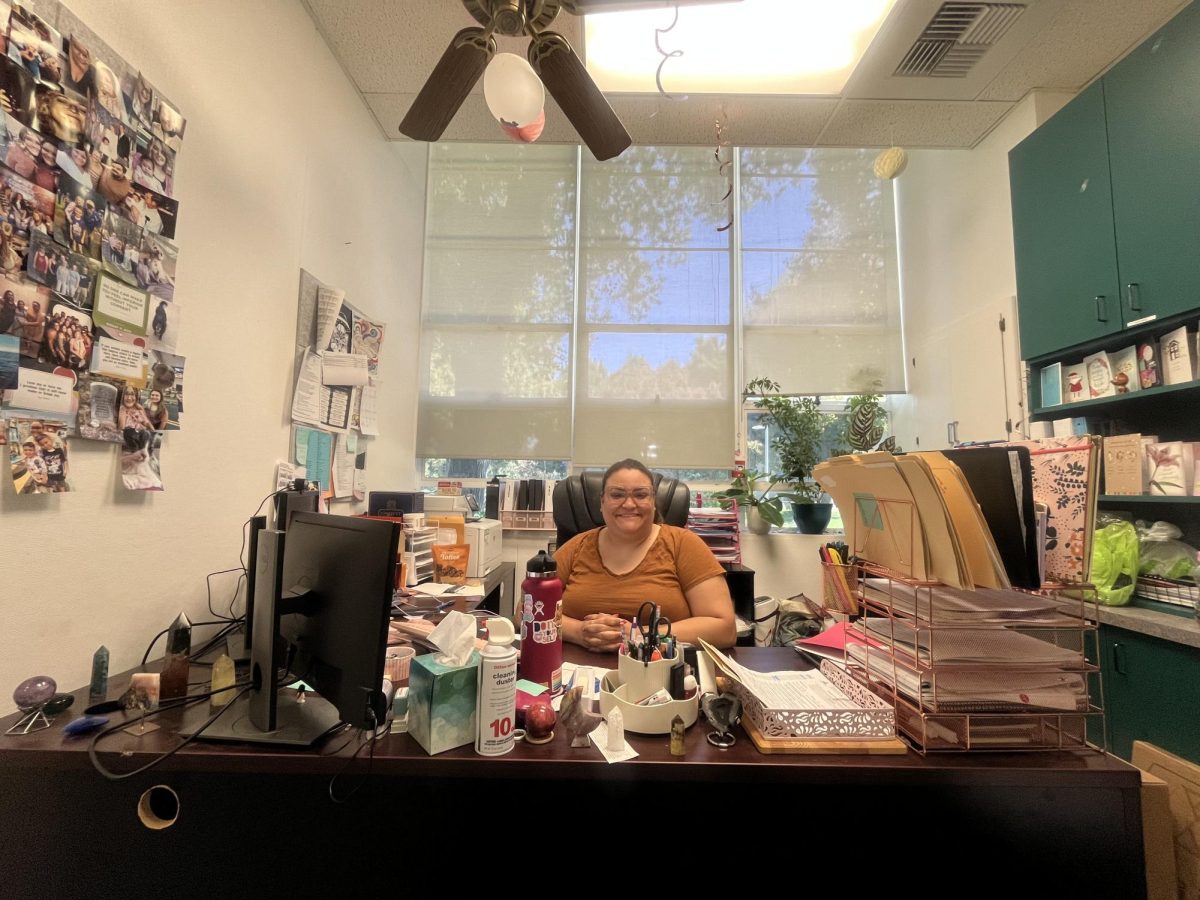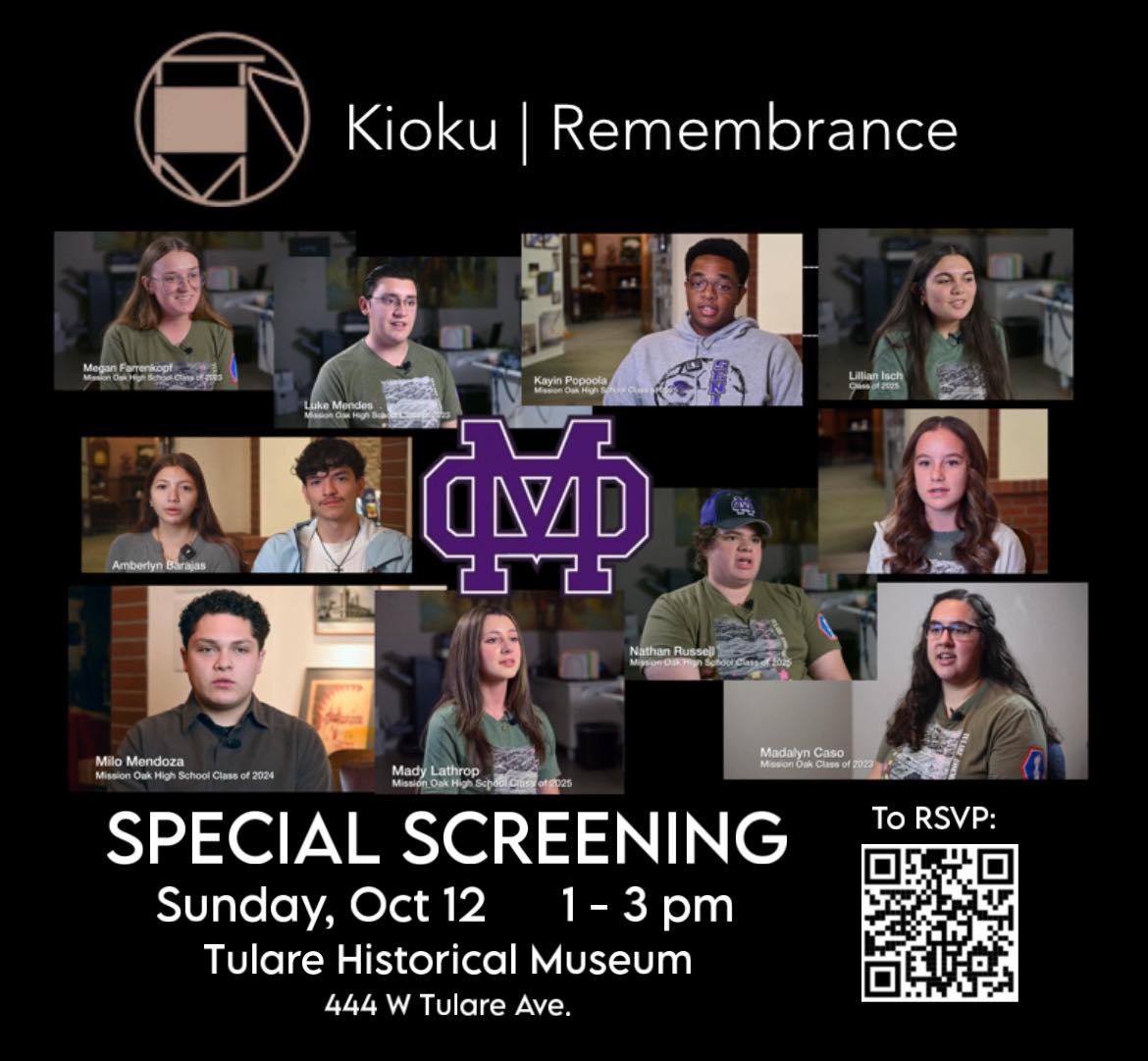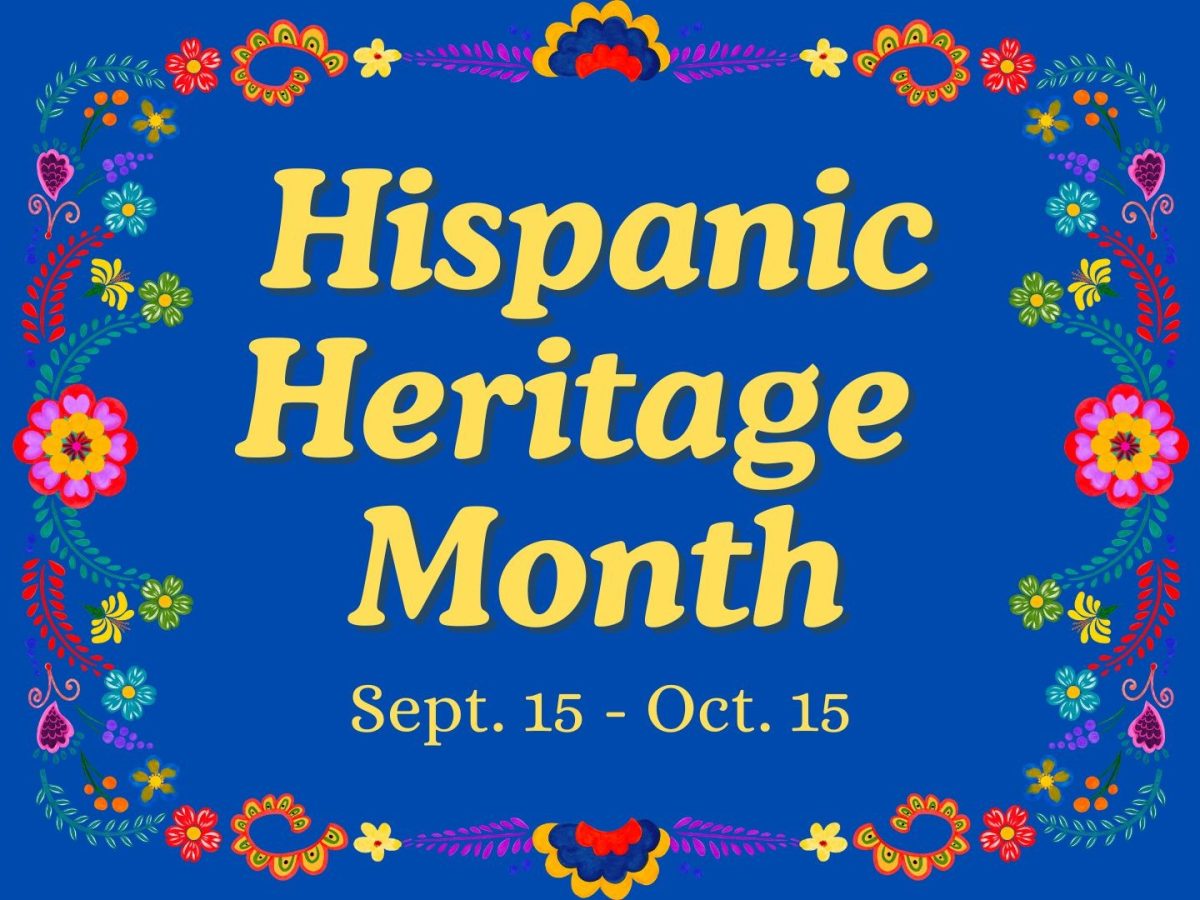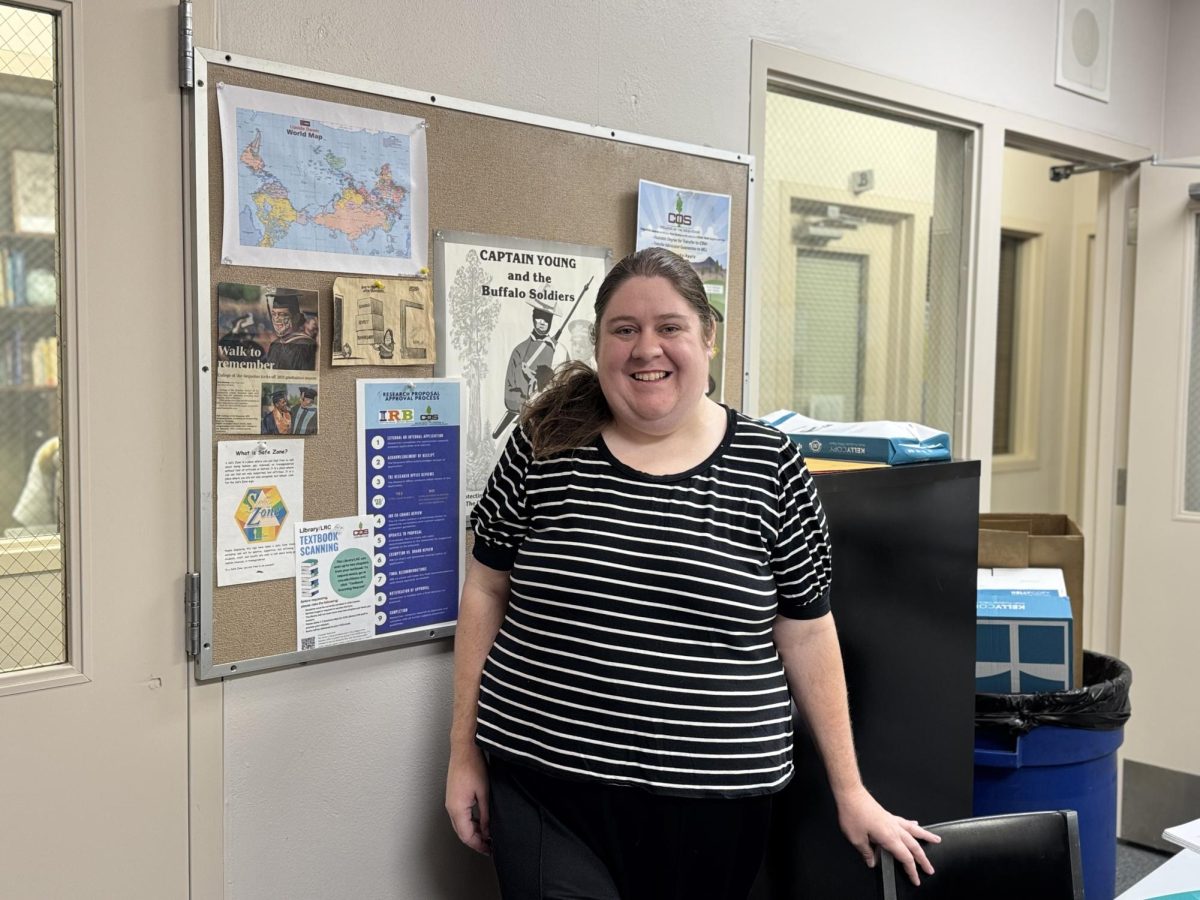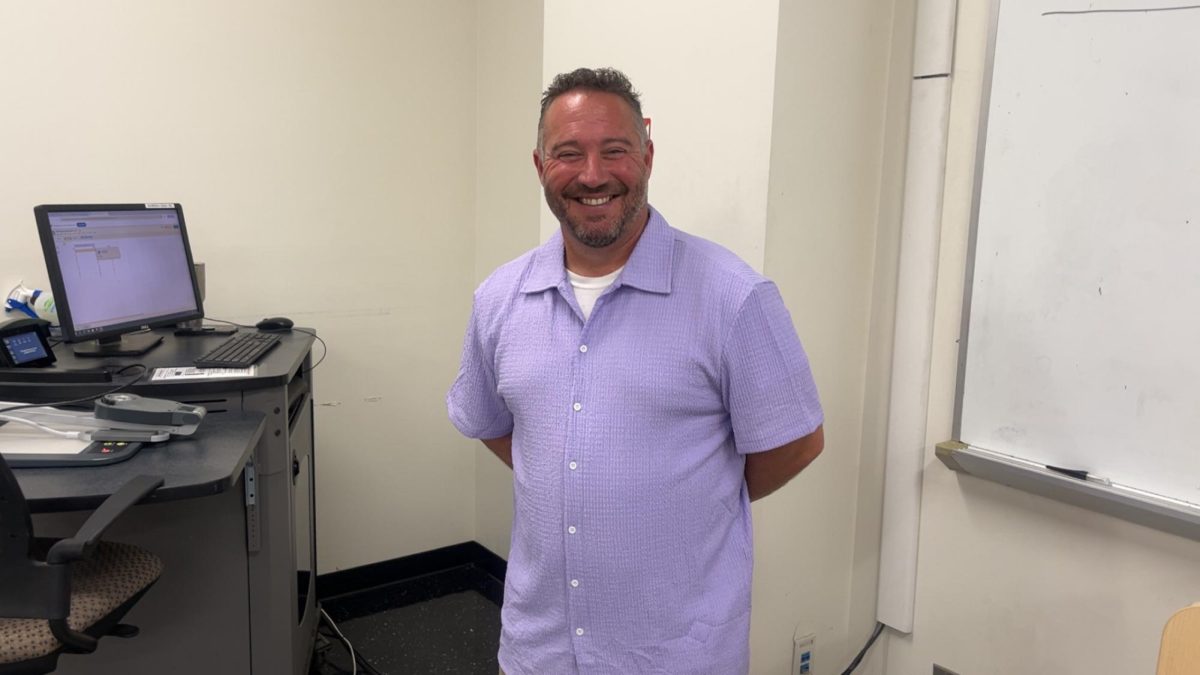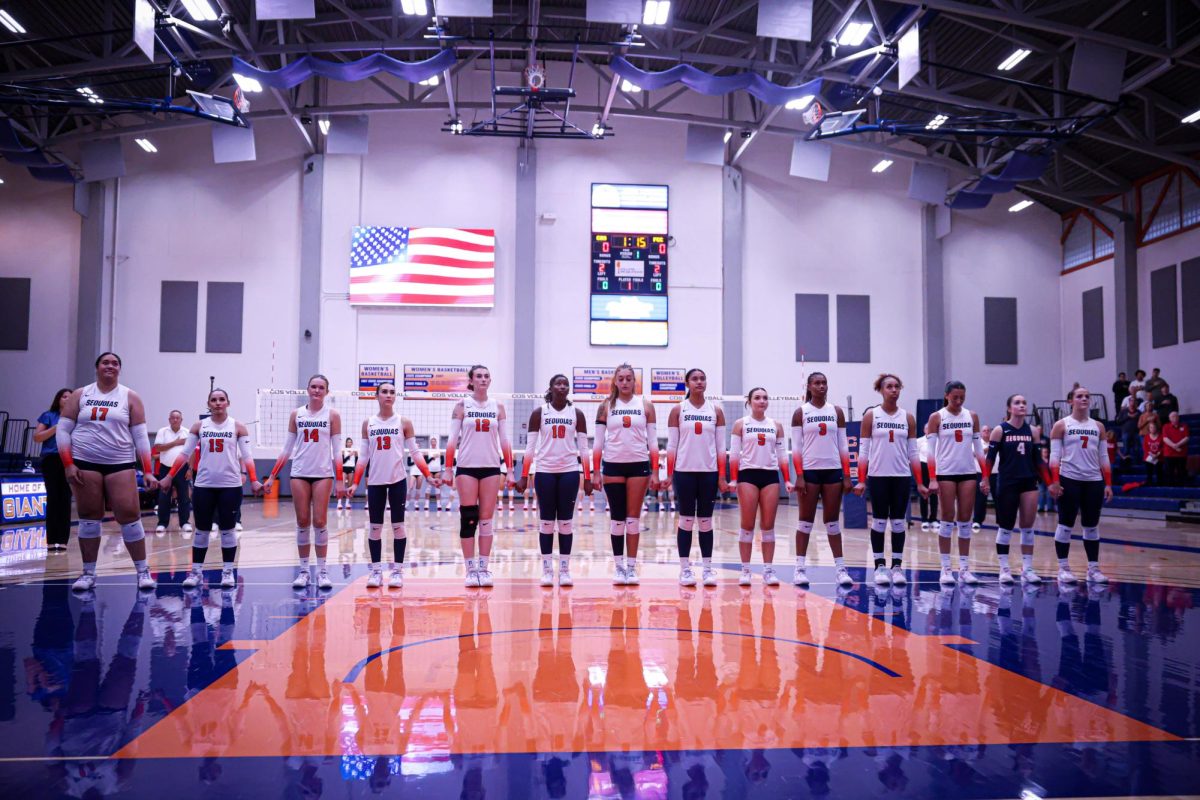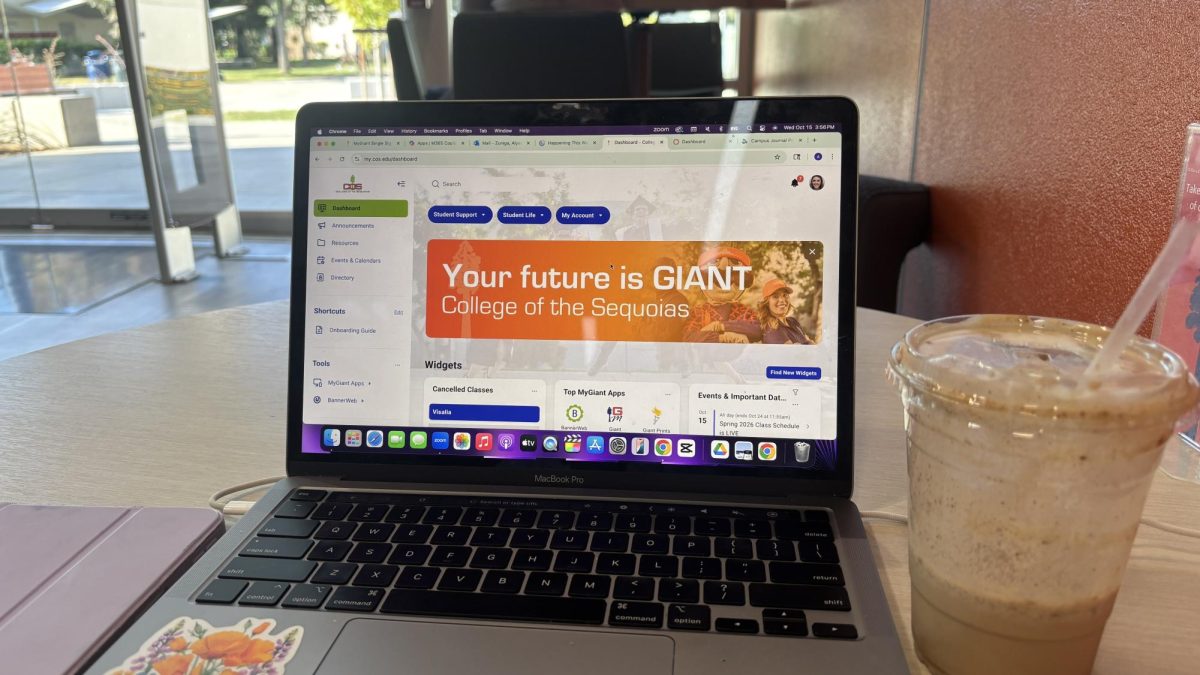College of the Sequoias is home to a myriad of friendly, capable professors. Some of them resort to straightforward, fast-paced lectures where students must pay the utmost attention to the professor’s words. Others prefer to address their classes in a more relaxed yet meaningful way. One of those beacons of knowledge is James Espinoza, an English professor and a prominent figure in the Puente program.
Although he grew up in Los Angeles, early in his childhood, he moved to Central Valley “because it was cheaper.” There, he finished his high school education at Mt. Whitney and quickly returned to Los Angeles to study at Loyola Marymount University, where he graduated. Eventually, he continued his studies and obtained his master’s degree in creative writing at CSU Fresno. Espinoza mentioned that one of his first ventures into the teaching world happened thanks to a school program that “allowed him to teach English courses at Fresno State.” When asked if it was in his plans to become a professor, he said that teaching was not the original idea. While Espinoza enjoys his current position as a professor, he originally aimed for something where he could be directly involved in the art of writing rather than teaching it. After teaching some English courses, before he graduated from CSU Fresno, he got a job at an engineering firm where he would do “writing reports for funding for city projects.” Espinoza stressed that although this job was more oriented towards technical writing rather than creative writing, he enjoyed it and expected to stay there for a long time.
Unfortunately, the 2008 economic crisis heavily affected the place where he was working. He explained that the funding that the firm received was cut, which resulted in several employees losing work hours, and Espinoza was one of them. This unfortunate event would lead him back to the classroom once again. Encouraged by some colleagues who worked at the College of the Sequoias, he applied for a position there, and luckily for him, he was accepted. He jokingly said that becoming a professor was more of an “a ver que” thing rather than something planned.
When questioned about which kind of job was more appealing to him, Espinoza admitted that being a professor is more appealing in the sense that there is a lot more freedom in how he performs his job. He said that, for example, as long as the standards of the course are met, you could incorporate creative writing into the job or other concepts that might be useful for the students. Espinoza also said that the “freedom in scheduling, work hours, and being able to work at home for grading” are other appealing aspects of being a professor.
Nonetheless, this job is not always that pleasing. Espinoza mentioned that sometimes the workload is overwhelming; he mentioned that he has worked up to sixty hours in a week. Likewise, he suggested that juggling obligations as a professor and as a member of the Puente program is quite demanding. Still, despite all the struggles that he might face during a semester, Espinoza says he enjoys the chaotic, hectic aspect of his current job.
While interviewed, it was addressed how his personality impacts his classes. Having fun with himself, he joked, saying that “based on what [he] saw on RateMyProfessor.com, [he is] hard, [he grades] hard.” Jokes aside, he would say that rather than being a hard grader, he considers himself a guy who “has high expectations of the students and the ideas they are presenting.” Because of this, he is detailed when giving feedback, something that some students might find tough. He has tried to mitigate his detail-oriented methods a little bit, but he finds them necessary. Recalling his school days, Espinoza said that he learned a lot from those professors who “gave [him] feedback and took [his] writing seriously” and that he is only doing kind of the same thing with his students.
Given that some students sometimes find some classes pointless or at least not that important, Espinoza was asked if he considered English an overlooked class. While he acknowledged that some students might not be interested in English courses at all, he emphasized that this is something that, depending on the class, happens to a minor or major degree. He believes English is valuable because of the things that can help us in our daily life or to understand more about ourselves as a society. Espinoza concluded by saying that rather than diminishing classes, students sometimes just do not realize how valuable their lessons are.




